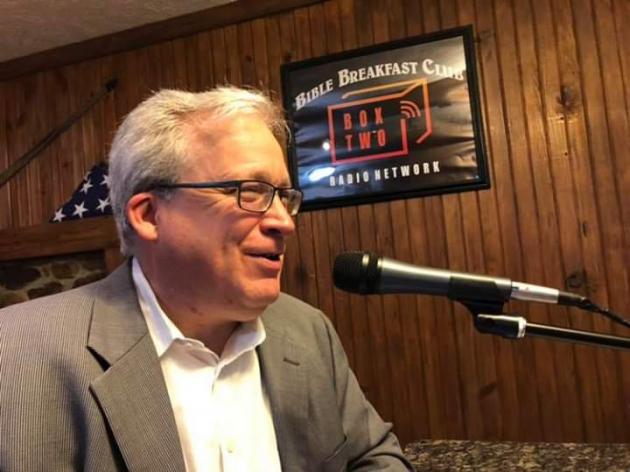Jim Waters: Big broadband threatens loval providers
Developing trends among some local governments don’t necessarily match Washington’s expectations that the portion of the $900 million in federal coronavirus funds designated for local governments to spend on infrastructure projects will reach those most in need.
The expectation is that local governments using American Rescue Plan Act (ARPA) infrastructure dollars for broadband-related projects will apply those resources toward bridging their regions’ digital divide by providing quality high-speed internet to unserved residents and by bolstering service for underserved areas – conditions both highlighted and exacerbated by the pandemic.
This would mirror the 2020 General Assembly’s policy funded with a $250 million appropriation by this year’s legislature which limited funding to those projects reaching unserved areas, included a 50/50 match with providers – a smart move to expand the impact of the dollars – and prohibited overbuilding and duplication of tax dollars invested in already-served areas.
However, some local governments are issuing a request for proposal (RFP) which includes vicinities already served by private providers or local utilities.
Daviess County Fiscal Court, which has received $20 million of those ARPA funds, included 22,000 addresses as part of the “eligible project area” in its recent RFP for broadband projects even though major private providers have already built service to thousands of these locations without relying upon government subsidies.
Plus, Conexon has created its own internet service provider which has received millions in federal dollars to expand service to more than 2,500 of those Daviess County addresses.
Why does Daviess County want to use tax dollars to subsidize yet another competitor to build high-quality internet service where private capital’s already invested and even federal dollars have been awarded?
Is there cronyism going on here?
Do some Daviess officials want to steer easy, profitable broadband business toward some politically connected player?
Whatever the ultimate reason, this approach results in an uneven and unfair playing field by forcing other entities already providing service but haven’t received a handout to compete against a government-subsidized operation.
It’s not unlike what’s happened with Kentucky Wired, sold to taxpayers seven expensive years ago as a state-owned, 3,200-mile network of fiber which would expand broadband services to residents lacking in geographically hard-to-reach areas, including the mountainous terrain in the east.
But the statewide boondoggle has discovered what private providers have known for a long time – it’s a difficult and largely unprofitable proposition to foray into some of these regions.
Instead, it would be much easier and more profitable, they’ve apparently reasoned, to simply poach existing paying customers away from their current broadband provider in order to pay for this behemoth.
Dave Flessas, CEO of OpenFiber Kentucky doing business as Accelecom, testified under oath at a state budget subcommittee hearing that his company, which controls access to the Kentucky Wired network, isn’t cherry picking customers.
"The concept of targeting a single customer because they're high revenue is too expensive," Flassas told lawmakers.
But Tony Thompson, general manager of Murray Electric System, testified just the previous day before the Interim Joint Committee on Tourism, Small Business and Technology that he possessed an email targeting one of Murray’s fiber customers with a solicitation to switch service to Accelecom, despite being “repeatedly assured that Kentucky Wired would not compete with our member cities for our customers.”
Tyler Campbell, executive director of the Kentucky Telecom Association, wrote a letter to the Interim Joint Committee on Tourism, Small Business and Technology saying successful pursuit of customers of his member groups by Accelecom “will remove revenue from our rural fiber networks and make it even more difficult to deploy broadband in the most high-cost areas of the state.”
Such tactics discourage private companies from increasing investment in areas where more – not less – such engagement is needed if Kentucky’s going to bolster the underserved, reach the unserved and close its digital divide.
Jim Waters is president and CEO of the Bluegrass Institute for Public Policy Solutions, Kentucky’s free market think tank. Read previous columns at www.bipps.org. He can be reached at [email protected] and @bipps on Twitter.



























